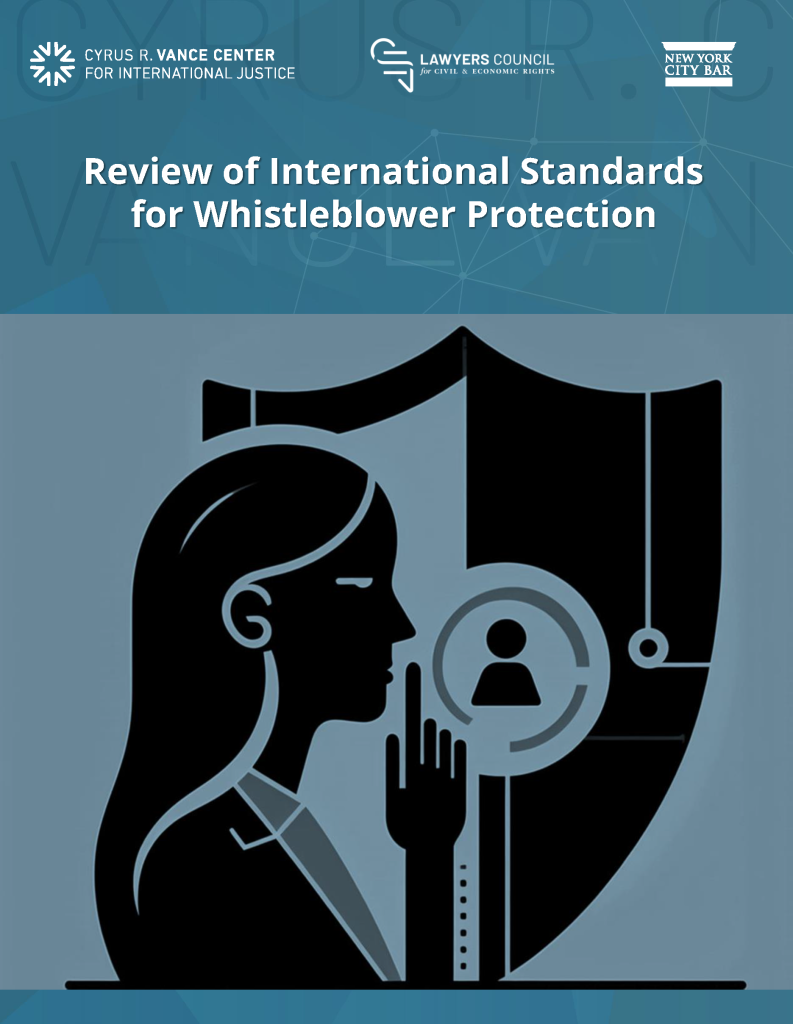One of the points examined in the latest Anti-Corruption Assessment is the issue of whistleblower protection in Latin America, highlighting that in half of the countries analyzed, there is a lack or inadequacy of existing whistleblower protection mechanisms, a disincentive for reporting acts of corruption. It is, therefore, necessary to present an analysis of the regulatory framework for international whistleblower protection that provides an overview of how whistleblower protection regulations are being configured at the international level.
Although the fight against corruption has been prioritized in the public agenda of several countries, there is a discrepancy between discourse and reality. Whistleblowing has been identified as an anti-corruption mechanism that has proven effective in asset recovery, risk prevention, and detection of corruption irregularities. Whistleblower protection is therefore essential to combat corruption and promote transparency and accountability. However, some national legislations still lack whistleblower protection laws.
In response to this issue, the Vance Center is publishing a Review of International Standards for Whistleblower Protection to provide the legal and legislative community with elements to reference the standards countries must comply with. The Vance Center thanks the team at Mayer Brown LLP for conducting the research for this review.
This document includes a general review of the conventions on corruption, guidelines for whistleblower systems, recommendations to combat bribery, directives, suggestions, and regional agreements or conventions, all of which are international instruments against corruption worldwide.
For each instrument, the review includes identifying key provisions and standards, whether there is a definition of “whistleblowers,” reporting procedures, protections against retaliation, and whether there is a distinction between the protection of public officials and private individuals. International standards for whistleblower protection are primarily divided into two law areas: civil and criminal law.
It is important to note that the reviewed instruments respond to specific needs, so their review must consider the general objective of each one. In some cases, these are regional instruments, while others are designed specifically to combat a corrupt act, as is the case of bribery.
The report is also available in Spanish.
